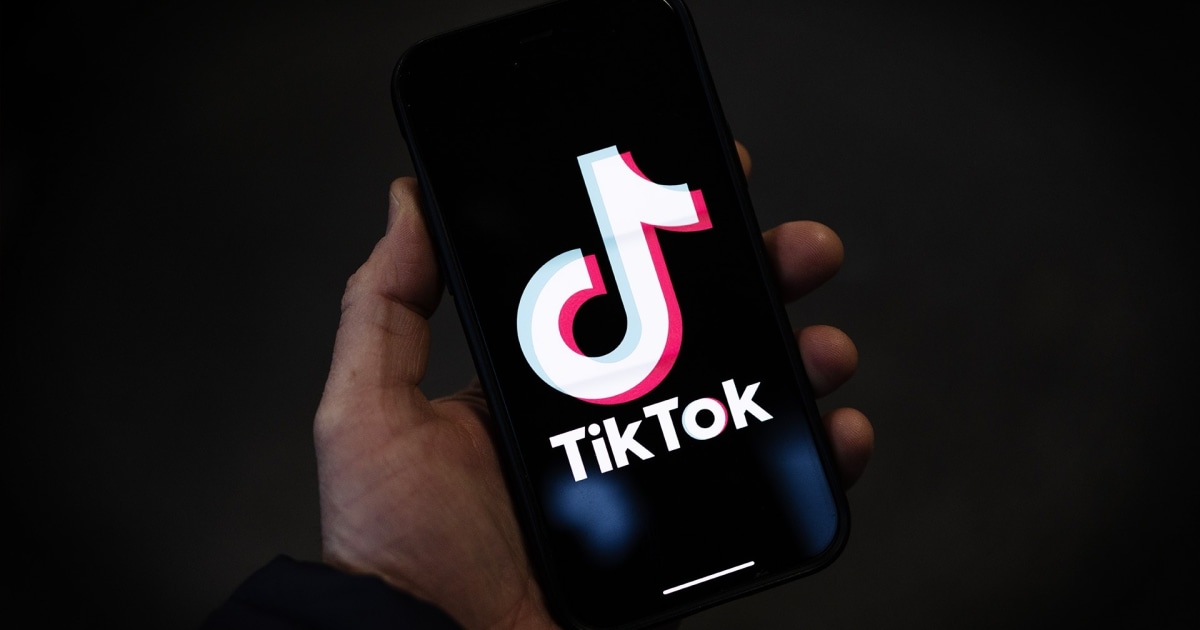Supreme Court Poised to Decide TikTok’s Fate in America
As the Supreme Court considers the legality of a potential TikTok ban, the implications for users and the platform itself could reshape the digital landscape. Will the justices uphold a law that could silence one of the world’s most popular social media apps? This question has ignited a fervent debate across the nation, striking at the intersection of technology, privacy, and free speech.
The Current Legal Landscape Surrounding TikTok
In recent years, TikTok, owned by Chinese company ByteDance, has grown exponentially, boasting over a billion active users worldwide. However, its meteoric rise has not come without controversy. Concerns about data privacy, national security, and potential foreign influence have led to calls for stringent regulations. The Trump administration attempted to ban the app in 2020, citing security risks, but the move faced numerous legal challenges and was ultimately blocked by lower courts.
Now, as the Supreme Court prepares to deliberate, the stakes are high. A ruling in favor of a ban could not only affect TikTok’s operations but also set a precedent for how the U.S. government regulates foreign tech companies. The legal debate centers on the interpretation of existing laws governing national security and commerce, particularly the International Emergency Economic Powers Act (IEEPA).
Understanding the Arguments for and Against a Ban
Proponents of a TikTok ban argue that the app represents a significant risk to American users’ data. They contend that the Chinese government could potentially access user information, creating a national security threat. The argument posits that the app’s algorithms may be used to disseminate propaganda or misinformation, thus influencing public opinion and behavior.
On the other hand, opponents of the ban argue that such a move would infringe upon free speech rights, as TikTok serves as a platform for millions to express themselves creatively. They emphasize that the app has become a cultural phenomenon, amplifying voices that may not find representation in traditional media. Furthermore, critics point out that banning the app could harm American businesses, creators, and users who rely on TikTok for income and community.
The Broader Implications of the Supreme Court’s Decision
The implications of the Supreme Court’s ruling extend far beyond TikTok itself. A decision to uphold a ban could lead to a domino effect, prompting other foreign tech companies to face similar scrutiny and restrictions. This could foster a more protectionist digital environment in the U.S., potentially stifling innovation and competition. Conversely, a ruling against the ban could reinforce the importance of digital freedom and set a strong precedent against government overreach in regulating technology.
What a Ban Could Mean for Users and Creators
If the Supreme Court were to decide in favor of a TikTok ban, the consequences could be dire for its users and content creators. Many have built their careers on the platform, leveraging its algorithm to reach wide audiences. A ban would not only disrupt these livelihoods but also eliminate a vibrant community that thrives on creativity, humor, and connection.
- Loss of Income: Many creators monetize their content through sponsorships and brand deals. A ban would cut off these revenue streams.
- Community Disruption: TikTok fosters a sense of belonging among its users, particularly younger generations. A sudden ban could lead to feelings of isolation.
- Shift to Other Platforms: Users might migrate to other platforms, but it’s uncertain whether these alternatives could replicate TikTok’s unique engagement.
Potential Outcomes and Alternatives
As the Supreme Court prepares to hear arguments, several alternative outcomes are possible. The justices may choose to uphold the ban, deny it, or craft a middle-ground solution that imposes stricter regulations without a full ban. For instance, they could mandate that TikTok operates under U.S. governance to ensure data protection and transparency.
Moreover, there are discussions around creating a regulatory framework that would allow for the continued operation of platforms like TikTok while ensuring user data is safeguarded. This could involve:
- Data Localization: Requiring companies to store user data on U.S. soil, making it less accessible to foreign governments.
- Transparency Requirements: Mandating that platforms disclose their data practices and how user information is utilized.
- Regular Audits: Implementing compliance checks to ensure adherence to security protocols.
The Role of Public Opinion
Public sentiment plays a crucial role in shaping the narrative around TikTok’s potential ban. Many users express strong emotional connections to the platform, often sharing their lives, interests, and creativity through short videos. As the Supreme Court deliberates, the voices of these users could influence the justices’ perspectives. Advocacy campaigns urging the court to protect digital expression may gain traction, highlighting the importance of social media in modern communication.
Moreover, the growing awareness of digital rights and privacy issues among the public could further complicate the court’s decision-making process. Citizens are increasingly questioning the balance between national security and personal freedoms, advocating for a nuanced approach to tech regulation.
Conclusion: The Future of TikTok in America
The Supreme Court’s decision on TikTok’s fate could herald a new era for digital platforms in the United States. As the justices grapple with legal precedents, public opinion, and the implications of their ruling, the outcome remains uncertain. Whether they choose to uphold a ban or allow TikTok to continue operating, their decision will undoubtedly affect not only the app but the broader landscape of social media and technology regulation.
As we await the court’s ruling, one thing is clear: the conversation surrounding TikTok has ignited a critical dialogue about privacy, security, and the role of social media in our lives. While the future hangs in the balance, the resilience of the digital community may prove to be a powerful force in shaping the outcome.
See more Future Tech Daily

